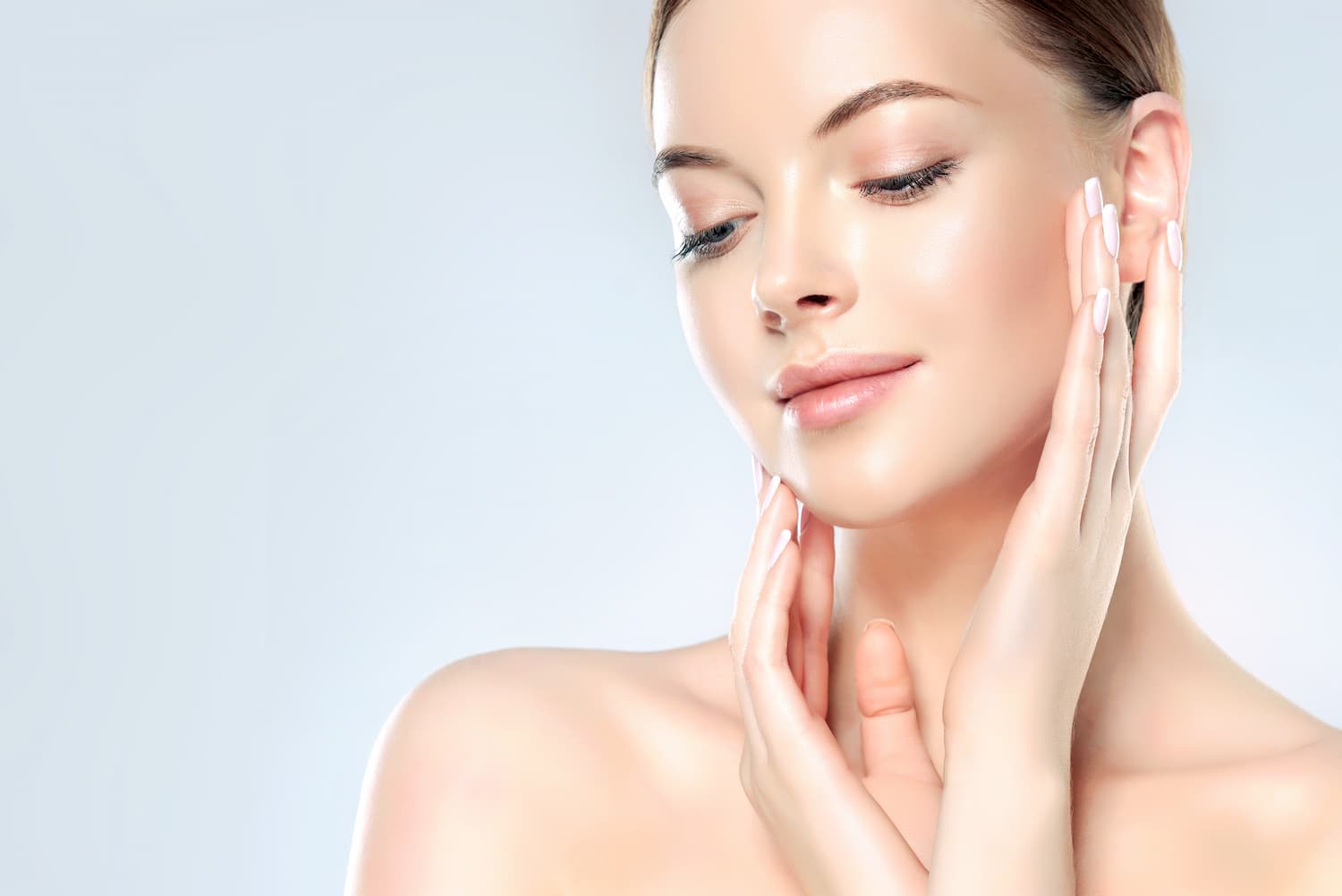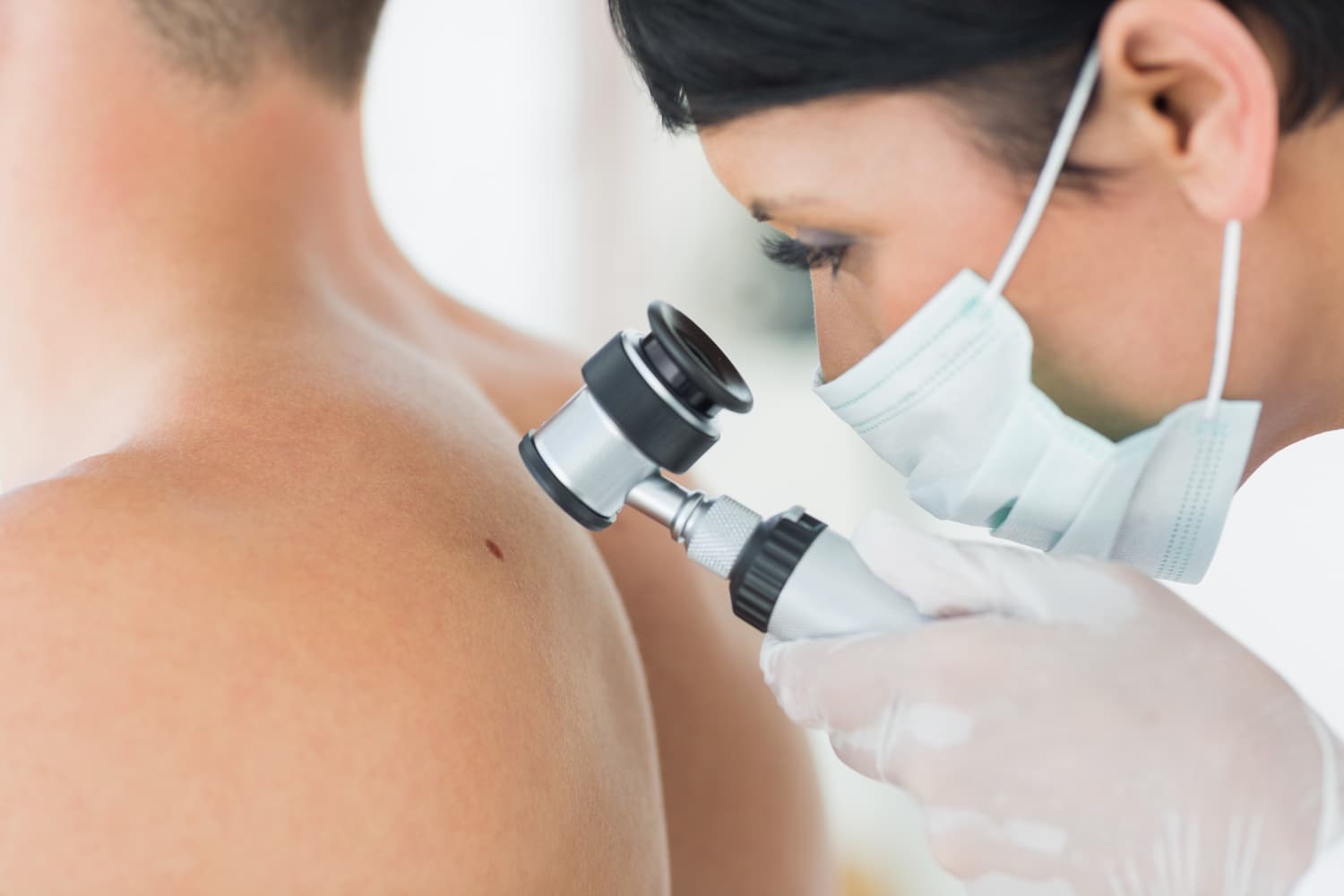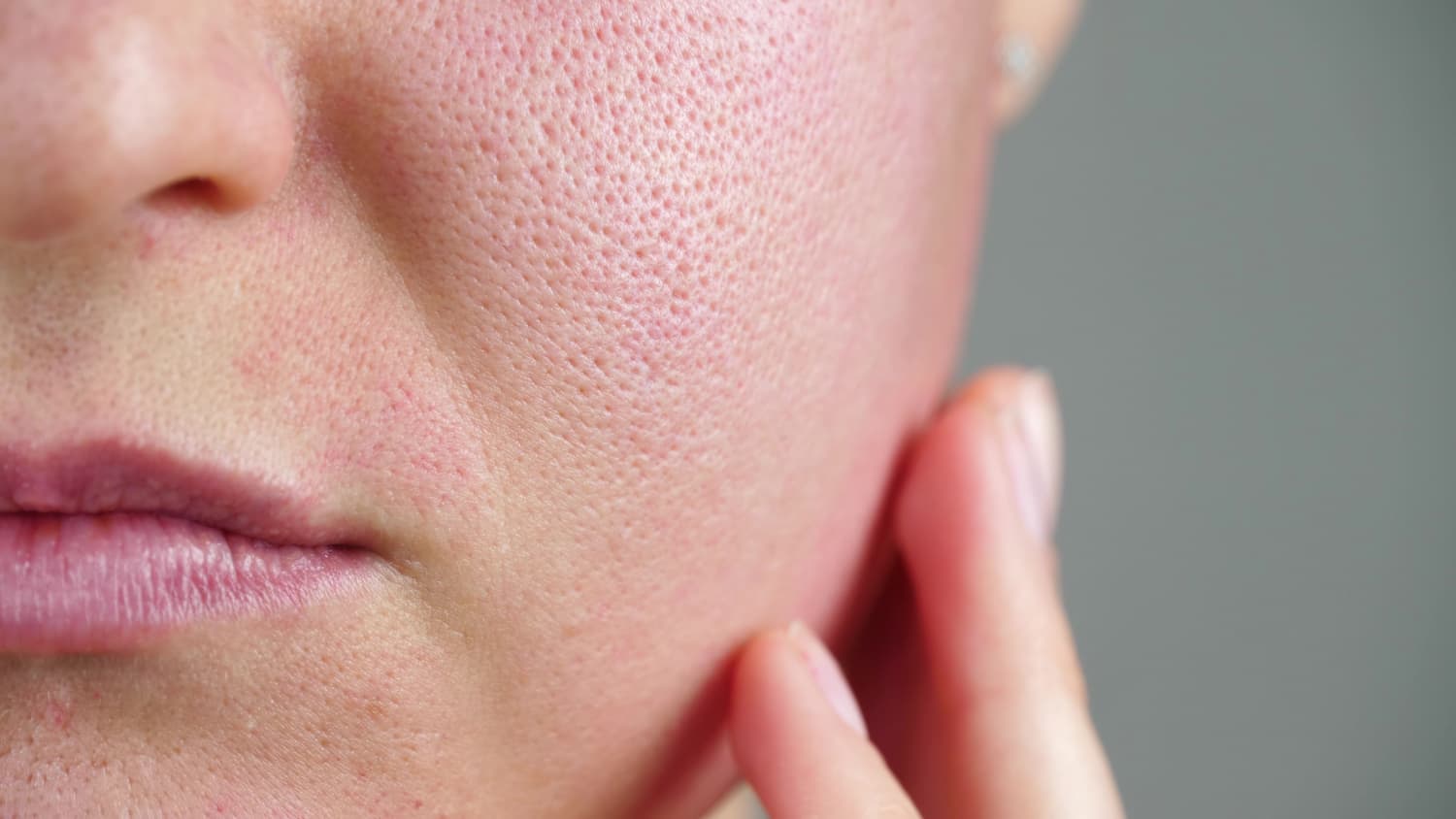Although many people don’t take skin cancer seriously enough, others think they see it everywhere. Not every mole or bruise is something to worry about, but each of those could be a cause for concern, and it’s always better to err on the side of caution. Affiliated Dermatology® treats skin cancers that come in all forms, so we’ve put together this guide to help you know when something seemingly harmless might be hiding a bigger threat.
Melanoma
Although melanoma is one of the least common types of skin cancer, it’s also one of the most dangerous. Part of this is because it’s easy for melanoma to spread to other parts of the body. Another reason is that it can form from an existing mole or appear as a new growth that goes undetected or is mistaken for a bruise or something else harmless.
Melanomas can appear in various colors, including shades of brown, black, red, blue, or white. They’re often irregular in shape, with an asymmetrical pattern. The growths can change in size, shape, or color as time goes on. It’s easy to see how some people might mistake melanoma for a bruise. But as the most dangerous form of skin cancer, early detection is important. Untreated melanoma doesn’t stay at the original site. It moves throughout the body in a process known as metastasis.
- Local metastasis: In this first phase, the melanoma begins moving deeper into the skin. As it does, it begins to intertwine with blood vessels and lymphatic channels. This paves the way for it to move to other parts of the body, increasing the spread of skin cancer cells. As it advances, the skin at the site can begin to break down, a process known as ulceration.
- Distant metastasis: Once it’s made its way to the bloodstream or lymphatic channels, melanoma is free to move to other parts of the body, including distant organs such as the lungs, liver, brain, and bones. Once it does, the process of stopping it becomes much more difficult, often requiring doctors for a range of disciplines.
Advanced melanoma can have severe impacts on quality of life. Physical discomforts such as pain, fatigue, and mobility issues can give way to the failure of important organs to perform their duties. Emotionally, melanoma can leave you depressed anxious, and affect your self-esteem.
Checking Yourself for Skin Cancer
Due to the danger of melanoma and its ability to mask itself, regular skin cancer screenings are important. In addition to regular checks from professional dermatologists like the ones at Affiliated Dermatology®, there’s a self-screening tool at your disposal. To make it easier to remember, it goes by the mnemonic ABCDE. The ABCDE tool will help you distinguish between melanoma and something harmless like a bruise. Let’s look at what each letter stands for:
- A – Asymmetry: One-half of the mole does not mirror the other.
- B – Border: The borders are irregular, scalloped, or poorly defined.
- C – Color: The color changes throughout various areas of the mole.
- D – Different: The mole doesn’t look like other moles on your body.
- E – Evolving: The mole changes size, shape, or color over time.
Prevention is Key
We’ve talked about the importance of screening, but even more important is prevention. Exposure to UV is one of the biggest risk factors for skin cancer, and it’s also the one that’s most within your control. By wearing sunscreen and protective clothing when you’re out in the sun, you can greatly reduce your risk of getting skin cancer.
If You’re Worried about a Bruise Being Skin Cancer, Don’t Hesitate to Call us Today
The professionals at Affiliated Dermatology® can examine any new development on your skin and let you know whether or not it might be melanoma or something else you should be concerned about. We can also answer any other questions you might have about preventing or self-screening for cancer. Early detection is important, so if you think you may have skin cancer, contact us today.
Image Credit: Pixel-Shot / Shutterstock





